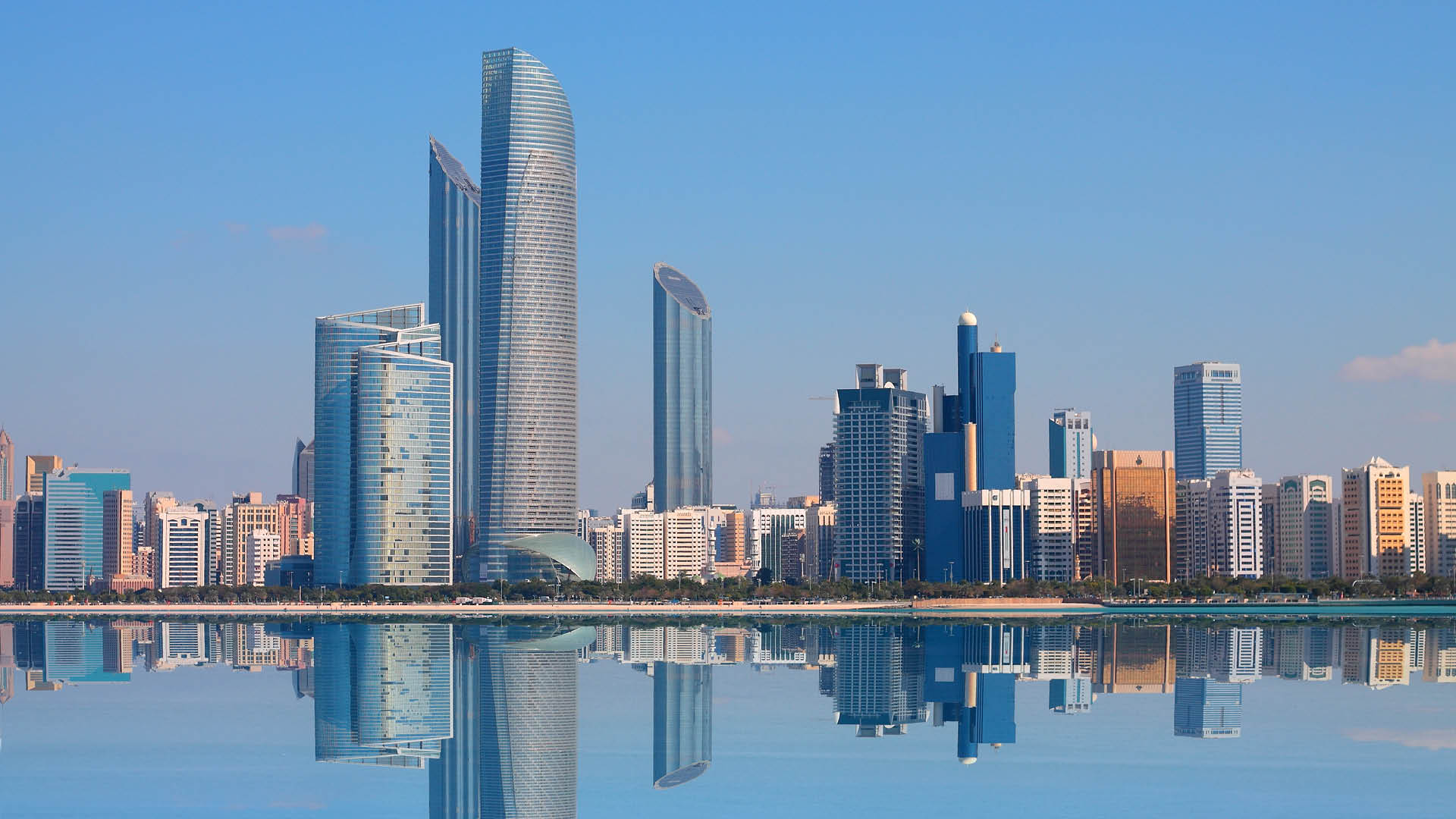
Update
Legal trends in Asian M&A deals
2019 marked the third year in which Norton Rose Fulbright’s Hong Kong office compiled its Asia M&A deal trends study.


Global | Publication | January 2020
His Highness the President of the UAE issued the law number 19 of 2018, the Foreign Direct Investment Law (the FDI Law), on September 23, 2018. The FDI Law is intended to develop, foster and nurture foreign investment in accordance with the policies of the UAE.
Under the existing UAE legal framework, foreign (i.e. non-UAE or GCC) investors were not permitted to own more than 49 percent of the share capital of an “onshore” UAE limited liability company (being an entity established in the UAE ‘mainland’, outside of the various UAE free zones in which up to 100 percent foreign ownership is permitted).
Following the enactment of the FDI Law, ownership of up to 100 percent of a UAE entity by foreign investors is permitted in certain sectors.
The UAE Ministry of Economy issued on July 02, 2019 the list of activities and industry sectors in which up to 100 percent ownership by foreign investors may be permitted (the Permitted List).
The Permitted List covers 122 economic activities which are divided among three main sectors: agriculture, services and industry (with a number of activities for each) spread across 13 industry sectors including manufacturing, eCommerce; transport and logistics; storage; information and communications; hospitality; construction; entertainment; educational activities; healthcare and administrative and support services.
Foreign investment in certain sectors of the economy will remain partially or entirely restricted (the Negative List). Such sectors include, but are not limited to, oil exploration, drilling and production, the defense sector and the manufacturing of arms and equipment, insurance, financial institutions, haj and ummrah, postal services, telecommunications, ground and air transportation, blood banks, quarantines and venom/poison banks.
Under the FDI Law, each Emirate of the UAE is required to issue its own policy which sets out the relevant activities and the percentage of actual permitted foreign ownership per activity for such Emirate.
Not all activities within the Permitted List will necessarily be liberalized in each Emirate. Despite 100 percent foreign ownership being permitted in theory, this does not mean that a particular Emirate will permit such level of foreign ownership.
Whilst the relevant policies have not yet been issued, applications may be made to the local Department of Economic Development in the relevant Emirate in order to discuss the possibility of registering a new entity which is wholly owned by foreign investors, or converting an existing entity. Such applications are likely to be assessed on a case-by-case basis, taking into account a number of factors including the size of the investment in the UAE.
In order to set up a business “onshore” in the UAE, foreign investors would usually enter into arrangements with a UAE shareholder regarding control over the profits and management of the relevant limited liability company. Such arrangements caused certain concerns for foreign investors.
Firstly, some UAE lawyers have expressed a view that such arrangements risked being in violation of UAE Law No. 17 of 2004 (the Anti-Fronting Law). The Anti-Fronting Law prohibits and penalizes enabling a foreign partner to undertake any economic activity which they are not otherwise permitted to carry out under UAE law.
Secondly, such arrangement requires the foreign and UAE shareholders to negotiate and enter into a suit of documents (which has legal costs), and typically required the payment of an annual fees to the UAE shareholder.
Thirdly, the UAE shareholder being the legal owner of at least 51 percent of the share capital of the relevant UAE entity, issues have arisen where the UAE shareholder decides to challenge the relevant arrangements entered into and take control over the profits and management of the relevant company.
Despite the risks, many multinationals with operations in the UAE adopted arrangements of this type for many years. Such risk is typically a market standard exclusion where W&I insurance is obtained or warranties and indemnities negotiated in a share purchase agreement. Such risk is now no longer to be considered if an entity is established under the FDI Law.
From an M&A perspective, if a third-party UAE shareholder is no longer included in the share capital of a UAE business, this is one fewer party to perform diligence on and negotiate with and there will no longer be fees associated with local sponsorship/nominee arrangements. Moreover, there would be no risk of dispute with a local sponsor to consider during due diligence exercises.
Finally, foreign investors are likely to feel more comfortable investing in the UAE and establishing or acquiring UAE entities if they are able to retain full control over the profits and management of the limited liability company.

Update
2019 marked the third year in which Norton Rose Fulbright’s Hong Kong office compiled its Asia M&A deal trends study.

Publication
With the promulgation of the PRC Foreign Investment Law (FIL) and the amendments to a few other laws and regulations in recent years...

Publication
Slowing economic growth, geopolitical uncertainty, escalating trade tensions and volatile stock markets will continue to affect appetite for M&A in Germany.

Publication
Last year in the United States, the value of companies going private surpassed the value of companies going public.
Subscribe and stay up to date with the latest legal news, information and events . . .
© Norton Rose Fulbright LLP 2025